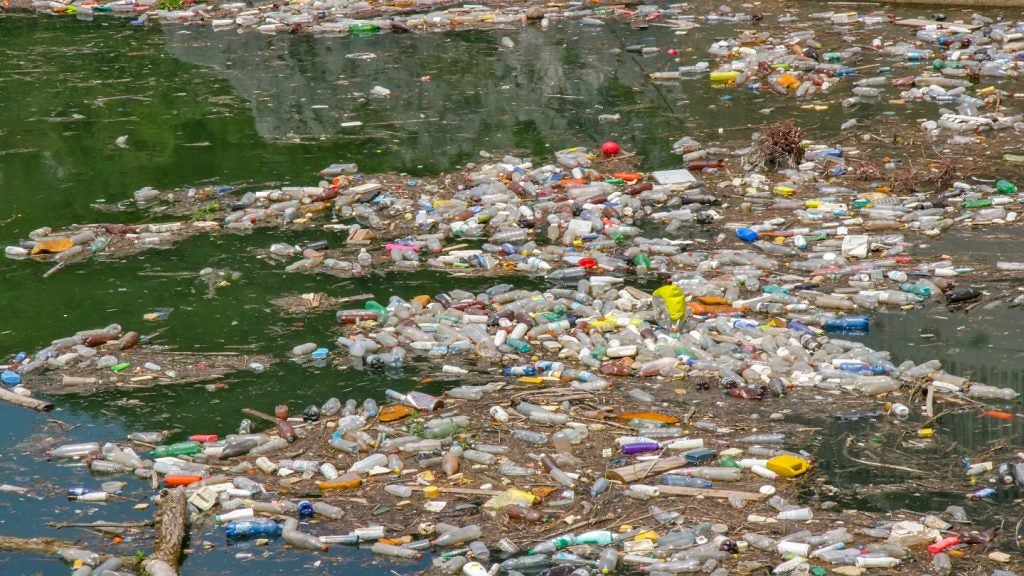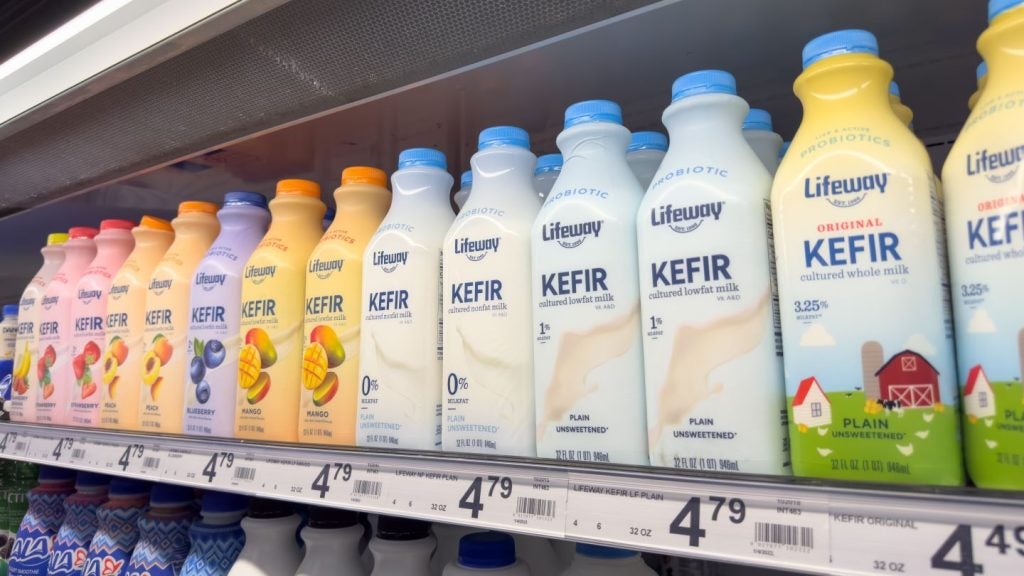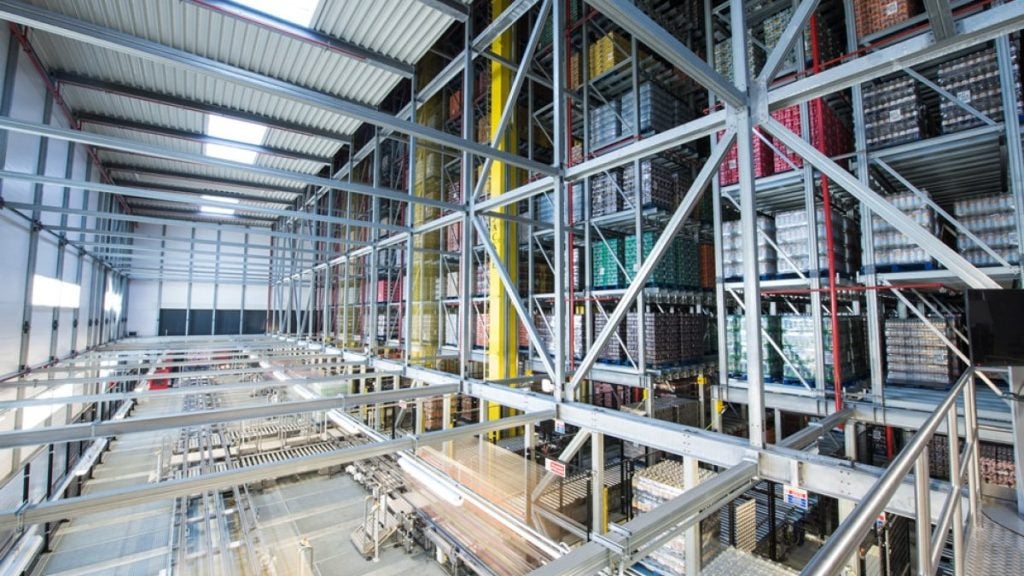The US Environmental Protection Agency (EPA) has introduced a comprehensive plan, the National Strategy to Prevent Plastic Pollution, aimed at reducing the environmental and public health impacts of plastic waste by 2040.
This move represents the third pillar of the EPA's Building a Circular Economy for All initiative, complementing existing strategies on recycling, as well as food loss and waste reduction.
The strategy emphasises reducing single-use plastic production and consumption, enhancing the country’s ability to reuse and refill products, and measuring their environmental and human health impacts.
It also calls for improved public policies and incentives to decrease plastic pollution, including the development of a national extended producer responsibility framework.
EPA administrator Michael S Regan said: “EPA’s new strategy to prevent plastic pollution will have a profound impact on public health and our environment, especially in overburdened communities hit hardest.”
“From reducing cancer-causing pollution from plastic manufacturing facilities to increasing industry’s accountability to take back recycled plastic packaging, to capturing waste before it ends up in our bodies and the environment, this strategy lays out the path forward for EPA and our partners to tackle this persistent challenge.”
The agency is already implementing the Trash Free Waters Programme, which is set to intensify its focus on preventing and removing trash from waterways.
The EPA notably finalised a new regulation this year that mandates specific facilities to create response plans for hazardous substance discharges as outlined by the Clean Water Act.
The agency has also finalised regulations to reduce emissions of toxic air pollutants from plastic production facilities.
To support these initiatives, the EPA's Environmental Justice Grants and Technical Assistance Programme offers funding for projects targeting plastic pollution reduction.
The 2021 Bipartisan Infrastructure Law has allocated funding to the EPA to support recycling infrastructure improvements, education, outreach, and waste reduction plans.
Additionally, a new platform has been launched by the EPA to outline the initial actions being taken to implement the circular economy strategies.
The release of this national strategy coincides with the final meeting of the International Negotiating Committee (INC-5) on Plastic Pollution in Busan, South Korea. The strategy is expected to inform the international community about the range of actions the US is taking to combat plastic pollution.
The EPA's strategy is a response to the bipartisan Save Our Seas 2.0 Act of 2020, which tasked the agency with developing a plan to reduce plastic waste.
The strategy also aims to address climate change by reducing greenhouse gas emissions associated with plastic products and alleviating public health impacts on pollution-burdened communities.
According to the Organisation for Economic Cooperation and Development, global plastic use and waste could nearly triple by 2060 without intervention.
















